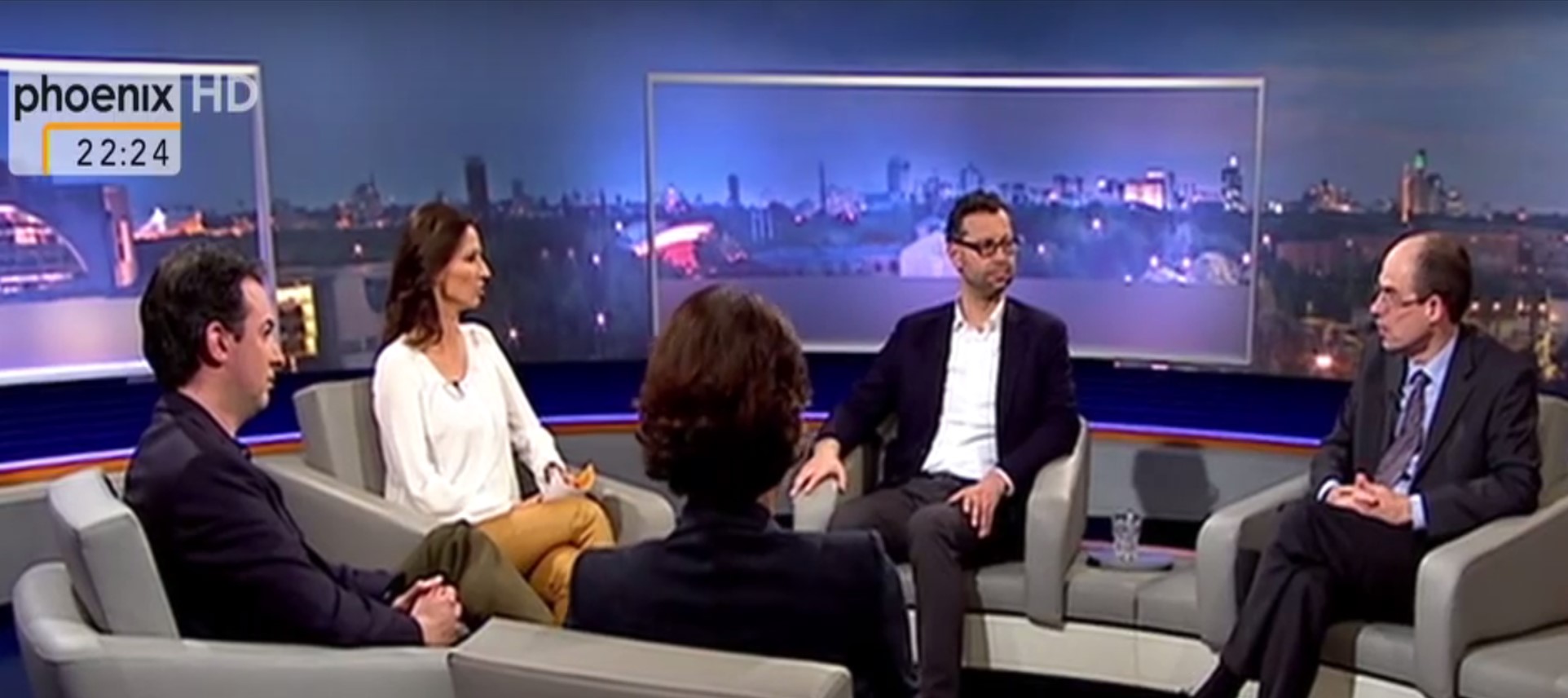Interview zum Ungarn-Besuch des russischen Präsidenten, SWR 2 Aktuell, 17.2.2015
Category: Interview
On the Conflict between Orbán and Simicska
In early 2015 Lajos Simicska, an influential businessman affiliated with Hungary’s governing party FIDESZ waged a conflict with Hungary’s controversial Prime Minister Viktor Orbán.
What is this “fight” between Simicska and Orban about, what’s the main problem?
On the surface, Simicska has waged this war against Orbán because he sees his media companies as a victim of the new media advertisement taxation rules the government is preparing. Since the government is under pressure to change the highly progressive, size-dependent tax rates targeting RTL Klub (a looming treaty infringement procedure before the European Court of Justice), the government decided to introduce a tax rate that would burden Simicska’s companies. However, this conflict is probably only a symptom of the more fundamental alienation that has occurred in the course of the last year between Orbán and Simicska, the hitherto prime oligarch of FIDESZ. The most likely explanation seems to be that Orbán lost trust in Simicska and has begun viewing him as too powerful and a threat to FIDESZ rule. Therefore Orbán sought to strengthen other FIDESZ-affiliated oligarchs (Zsolt Hernádi, MOL-CEO, and István Garancsi, Videoton FC owner) in order to reduce his dependence on Simicska.
How serious is this for the government?
Orbán’s rule has now also become threatened from inside the state and party apparatus. Many insiders used to be loyal to Simicska and now have to change their allegiance or have to be purged. This could strengthen insiders who are considering a coup against Orbán. Simicska could also join the opposition movement if the government will act against his assets.
See also Andrej Matišák’s English-language blog.
Zur Lage der Demokratie in Osteuropa
Den ostmittel- und südosteuropäischen Staaten hat die Krise der Eurozone vor Augen geführt, welchen Anpassungszwängen weniger wettbewerbsfähige Länder ausgesetzt sind und welche sozialen und politischen Erschütterungen die erzwungenen inneren Abwertungen auslösen können. Die Konflikte innerhalb der Währungsunion und die anhaltende Rezession in den südeuropäischen Staaten belegen, dass ein Beitritt zur EU und zur Eurozone weder eine Gewähr für ökonomische Stabilität und Entwicklung bietet, noch als Kompass für eigene Reformen ausreicht. Zudem hat die Krise die Bruchlinien zwischen den Wirtschafts- und Sozialmodellen und den zu Grunde liegenden politischen Ökonomien in Nordwest- und Südeuropa vertieft.
Mein Bericht für den Transformation Index analysiert, wie sich diese Prozesse auf die Lage der Demokratie in Ostmittel- und Südosteuropa auswirken. Die Befunde aus diesem Bericht waren Thema des Interviews.
Germany’s Role in Timoshenko’s Release from Prison
European diplomatic pressure led the Ukrainian government to release the former Prime Minister Yulia Timoshenko from prison. How the German government assesses this decision in view of a pending ruling the European Court of Human Rights will declare on Timoshenko’s imprisonment.
Rechtsruck in Europa? Phoenix-Runde

Assoziierungsabkommen mit der Ukraine
The European Union, Hungary and its Democratic Norms
Orbáns Euroskeptizismus
Download pdf: EU-HUN-Arte_110627